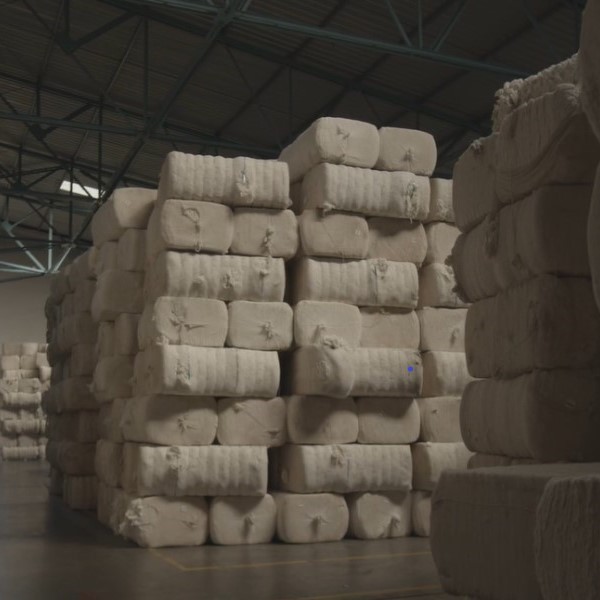Herman Leung is Head of Operations for Dakota Group. Dakota Group is a manufacturing company headquartered in Hong Kong and producing across China, Cambodia, and Myanmar. Herman shares a bit about the history of Dakota group, their size, their scale, the type of production that they do. But he’s clearly a big thinker, someone who likes to re-imagine what this industry might look like… someone passionate about making sure his kids inherit a better world.
Herman gets candid about how he balances his duty to safeguard the short-term financial health of Dakota with longer term goals, and how the company’s ownership structure supports him in this balancing act. He also zooms out, offering a broader view of what it would take for various supply chain actors to avoid “the prisoner’s dilemma”– whether between brands and suppliers, or between factory management and workers. And finally, we get into deflationary prices: how can suppliers continue to reinvent the ways they add value?
Watch this Big Think interview with Nobel Laureate Eleanor Ostram – the first of only two women to win the Nobel Prize in Economics. She’s best known for her critique of the prisoner’s dilemma. Better yet, watch her full Nobel Prize lecture.
The legacy of Milton Friedman looms large over any conversation about how to define shareholder obligations. And although we don’t personally endorse his position, it’s worth engaging more deeply with the line of thinking that so profoundly shaped the world we’ve inherited. Of everything put forward in this essay, it’s this paragraph that gave us the most pause for thought:
“[Including social causes in a definition of shareholder obligations] amounts to is an assertion that those who favor the taxes and expenditures in question have failed to persuade a majority of their fellow citizens to be of like mind and that they are seeking to attain by undemocratic procedures what they cannot attain by democratic procedures. In a free society, it is hard for “good” people to do “good,” but that is a small price to pay for making it hard for “evil” people to do “evil,” especially since one man’s good is anther’s evil.”
Learn more about deflationary prices in the fashion industry.
The FABRIC project is commissioned by the German Federal Ministry for Economic Cooperation and Development and supports the Asian textile industry in its transformation towards fair production for people and the environment
We also want to highlight that GIZ Fabric has a great online seminar series called “Getting Through the Crisis Together: Asian Dialogues on Sustainability in the Textile and Garment Industry.” Herman was a speaker on both the first and the tenth seminar within this series. All the seminars are free and available online, and we highly recommend checking them out.
Dakota working with HKRITA , photo provided by Dakota

Shaista Jakhura is a former garment worker who, in the recent years, has been engaging with apparel workers and the local community in her...

This week, Dr. Krishna Manda takes us through the basics of how man-made cellulosic fibre, also known as viscose and rayon, is made. Krishna...

This is part two of our conversation with Anant Ahuja and Gauri Sharma of Shahi exports, one of India’s largest garment manufacturers. We get...